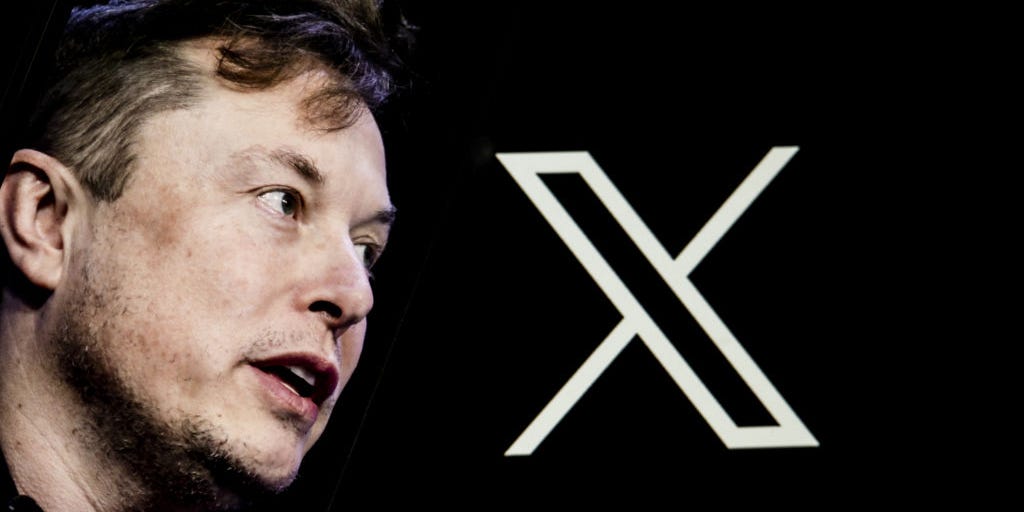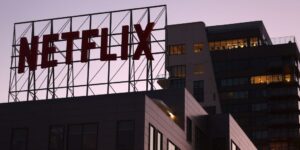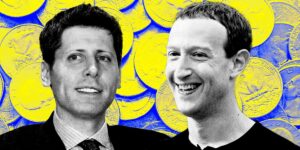- Elon Musk is taking on Brazil after a Supreme Court judge told him to remove several accounts on X.
- “This judge has brazenly and repeatedly betrayed the constitution and people of Brazil,” Musk said.
- His stance contrasts with his attitude in China, where he has significant business interests.
Elon Musk’s free speech clash with Brazil’s government is intensifying.
On Sunday, the country’s Supreme Court described his defiance of an order to take down several accounts on X as a “flagrant” obstruction.
The accounts are believed to be linked to digital militias that have spread fake news and threats against Brazil’s supreme court during the administration of President Jair Bolsonaro, The Associated Press reported.
Brazilian Supreme Court judge, Justice Alexandre de Moraes, said Musk had launched a disinformation campaign against the Supreme Court, and that he should be investigated.
On Sunday, Musk wrote: “This judge has brazenly and repeatedly betrayed the constitution and people of Brazil. He should resign or be impeached.”
Musk has positioned himself as a free-speech absolutist. He reinstated accounts banned from the platform after buying it in 2022 and claimed bids to restrain disinformation or hate speech violated fundamental rights.
The multi-billionaire, in refusing to ban the accounts at the request of Brazil’s authorities, said that “principles matter more than profit,” and accused the Brazilian government of censorship.
But his stance toward Brazil starkly contrasts with his attitude in China, a country with some of the most repressive free speech laws in the world, where Musk has significant business interests.
In China, citizens are under comprehensive surveillance, and those who dare to criticize the Communist government openly face draconian punishments.
X is completely banned in China, as are other US social media platforms because it refuses to comply with sweeping government data collection or censorship policies.
But Musk has other business interests there, which may shape his attitude toward criticizing China’s repressive policies.
Musk’s Tesla business is hugely dependent on its manufacturing Gigafactory near Shanghai, which produces around half of the company’s vehicles annually. A recent investigation by The New York Times found that Musk had profited from special concessions the Chinese government handed Tesla to set up shop there.
In principle, this leaves Musk exposed to leverage from the Chinese government, say critics.
There were reports that Brazil may be trying to use its own leverage against Musk by suspending contracts with Musk’s Starlink satellite firm. Brazil’s government on Monday denied the claims.
Musk said he’d provide Starlink free to charge if Brazil did suspend its contracts. But the incident highlights Musk’s exposure to government retaliation in China and other countries on a far more damaging scale.
Musk’s double standards have long attracted criticism.
“‘Comrade Elon,’ as he was celebrated by some, refrained from making the slightest remark about the authoritarian Chinese model which, for example, means that Twitter is blocked there. It’s clear that he had not come to be an uncompromising defender of grand principles,” said French daily Le Monde in an op-ed after Musk’s visit to China in 2023.
When it comes to potentially aggravating China, it seems that Musk’s commitment to free speech may be less absolute than he claims.
Business Insider has contacted X and Tesla for comment.





